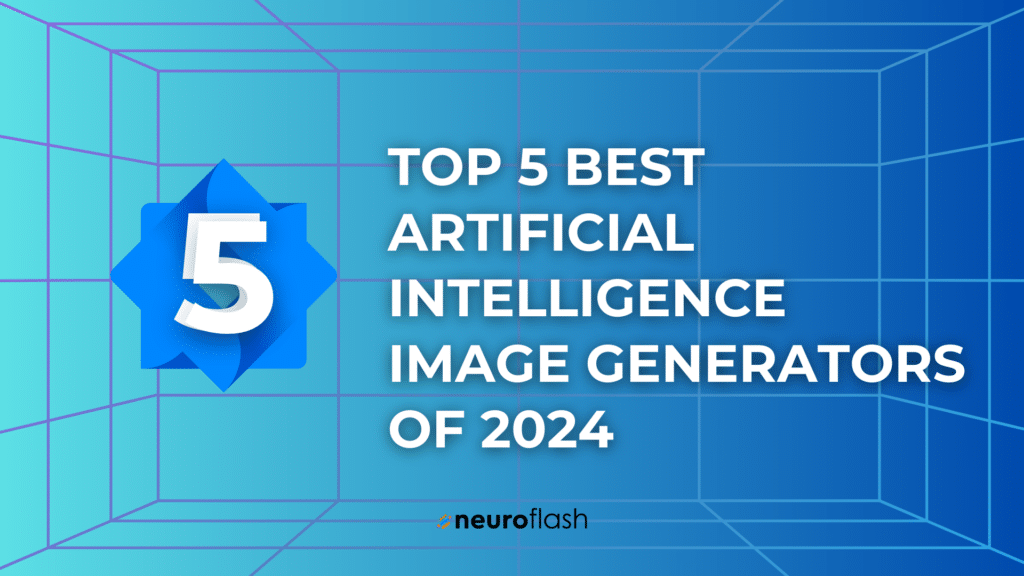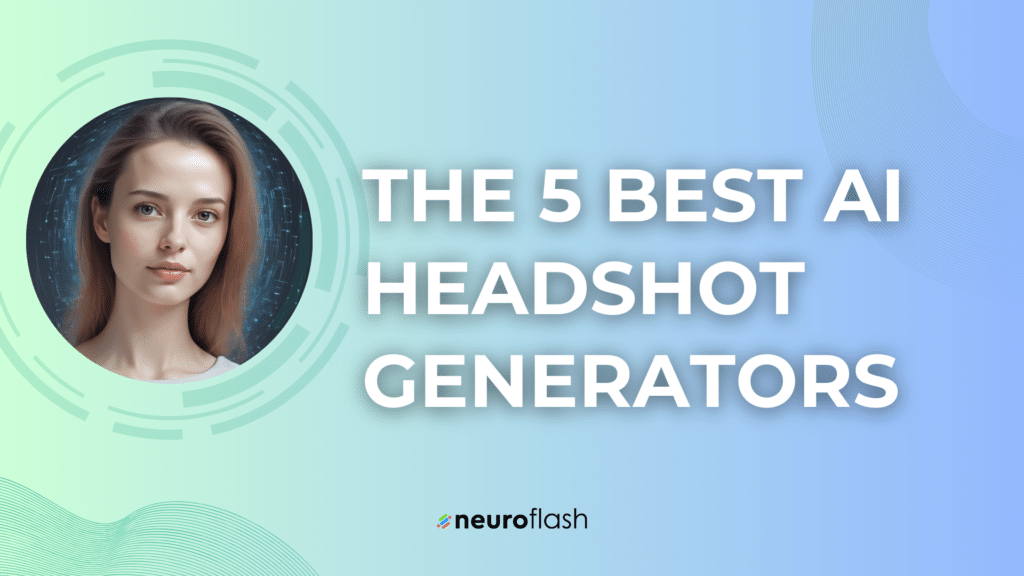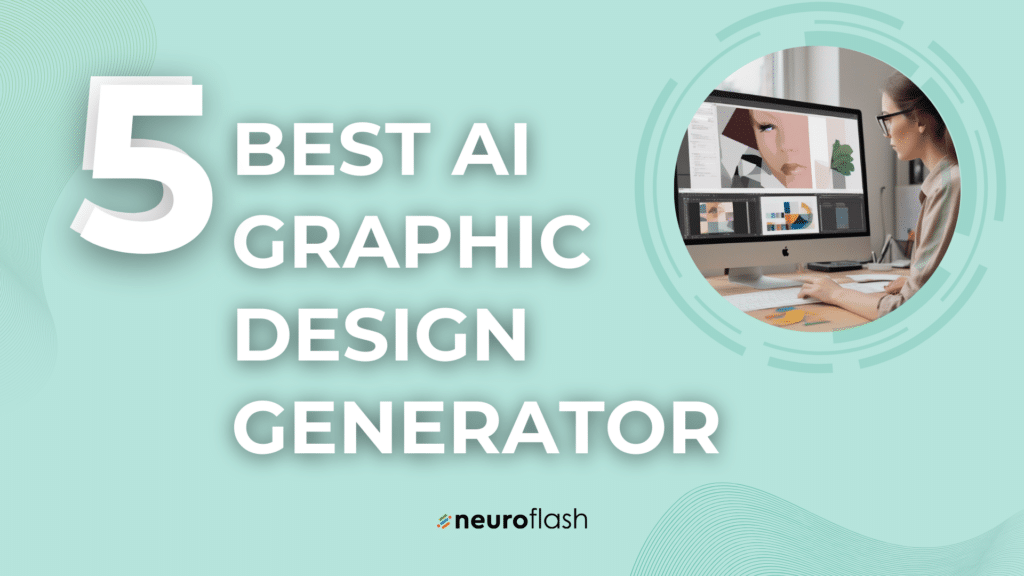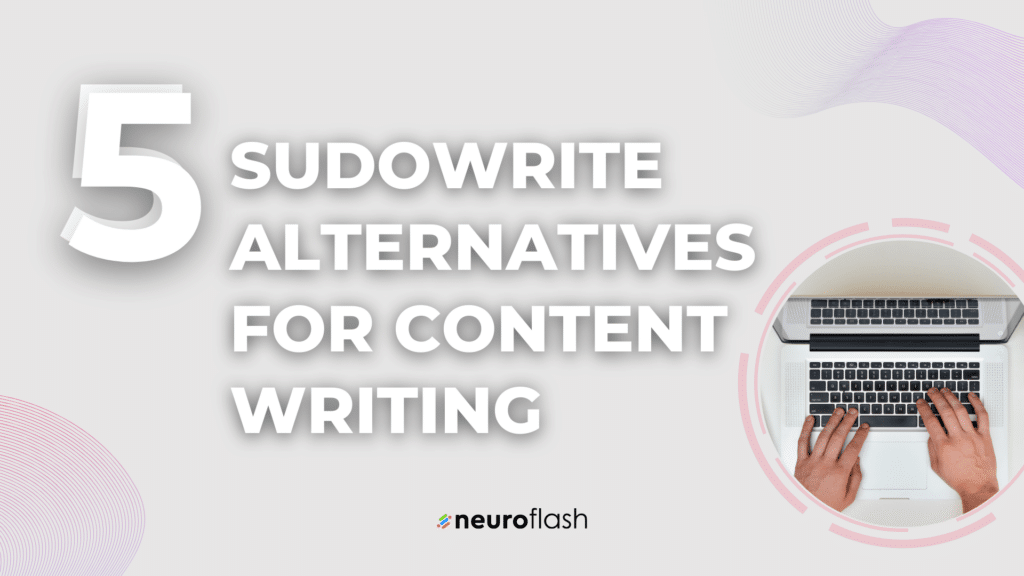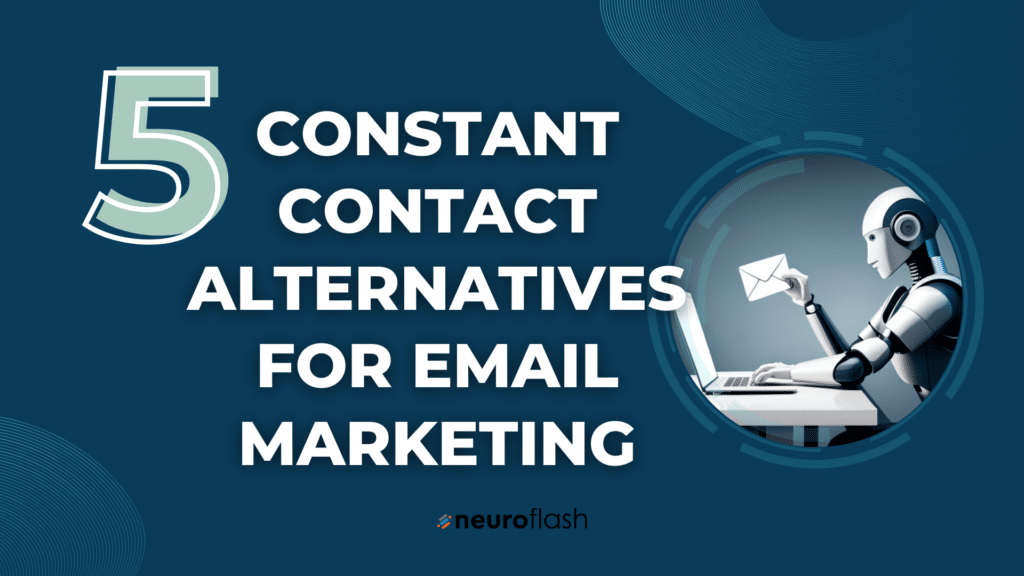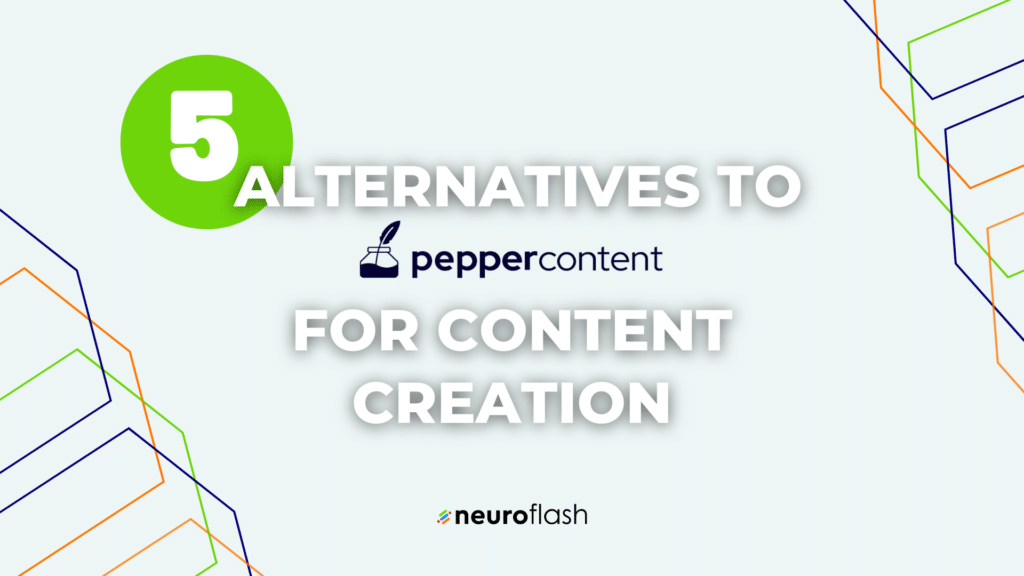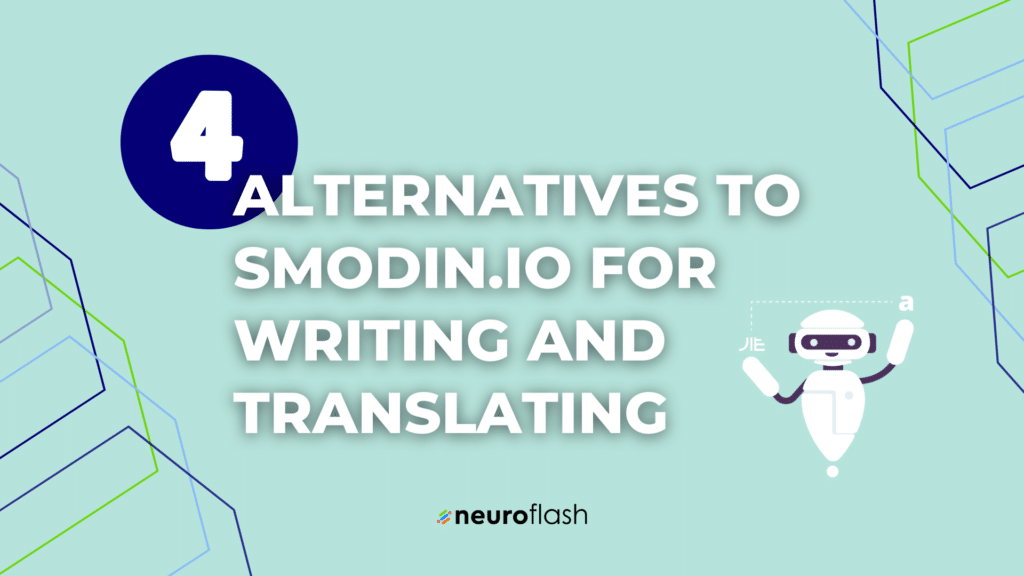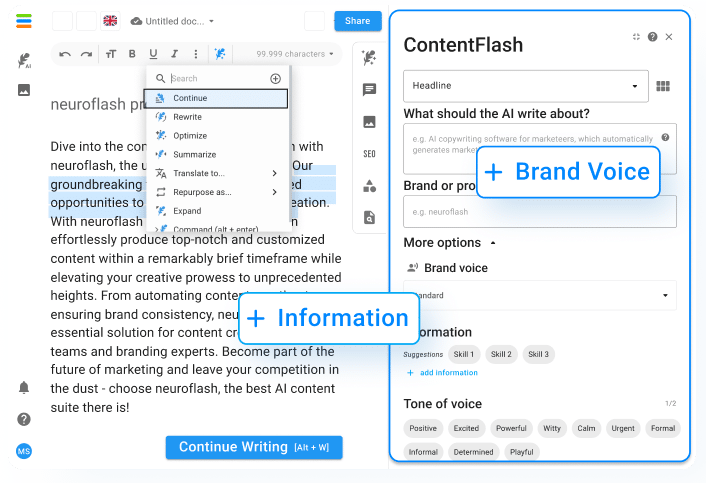The Rise of Artificial Intelligence in Literature has sparked a lot of debate and curiosity over the past years. As technology evolves, so do the ways we use it, including writing. The emergence of chatbots has created a new dimension of AI in literature, allowing writers to create content inexpensively and quickly. But, can chatbots really produce books that are engaging and emotionally authentic?
How Chatbots Work and How They Can Generate Text
Chatbots are programmed to respond to user inputs and generate text responses. These bots rely on machine learning algorithms, natural language processing, and deep learning models to learn from vast amounts of data and produce output that simulates human-like conversations.
When it comes to generating text, chatbots are fed with large datasets, such as books, articles, or social media posts, to analyze patterns and generate new content based on the patterns they learned in the data. Additionally, some chatbots allow users to train them on specific topics or styles of writing, making them more versatile and customizable.
ChatGPT is particularly useful for generating article and blog content, while AI Writer can also help with book writing.
Benefits and Limitations of Using Chatbots to Write a Book
One of the primary benefits of using chatbots to write a book is their speed and efficiency. Chatbots can produce content quickly, saving a writer a lot of time and effort in research and writing. Additionally, they can help writers overcome writer’s block and generate fresh ideas for a book.
However, chatbots have certain limitations, particularly in terms of creativity and authenticity. While chatbots can produce grammatically correct content, they lack the emotional depth and cultural understanding that human writers possess. Chatbots can only create based on the data they are fed, so it’s important to provide them with a wide range of sources and inspiration.
Furthermore, chatbots can only generate text based on what they have learned in their data sets and may not be able to produce original ideas or creative insights. They may also lack the ability to understand the intention behind a specific scene or character in a book, which can result in poorly written dialogue or scenes that feel out of place.
The Ethics of AI-Generated Literature
The use of AI in literature has sparked debate about authenticity and credibility. Some argue that using chatbots to write books threatens the legitimacy of human authors and contributes to the devaluation of writing as an art form.
Additionally, AI-generated literature raises concerns about plagiarism and copyright laws. Who owns the rights to content created by an AI? How can we ensure that AI-generated books aren’t blatantly copying human authors?
However, proponents of AI-generated literature argue that it can democratize writing and make it more accessible to aspiring writers who don’t have the resources to hire professional editors or ghostwriters. AI-generated literature can also contribute to diverse representation in literature by allowing writers to explore different cultures and perspectives.
The Future of AI in Literature
The use of AI in literature is still in its infancy, but we can expect to see more advancements in the field in the coming years. With the release of GPT-4 by OpenAI, we can expect chatbots to become even more sophisticated and capable of generating high-quality content.
However, it’s unlikely that chatbots will replace human authors entirely. Writing is an inherently human act that involves creativity, emotion, and cultural understanding. While chatbots can assist in the writing process, they can’t produce literature that is truly authentic and emotionally resonant.
Useful Tips
- Experiment with different chatbot programs to find the one that best suits your needs
- Supplement chatbot-generated text with your own revisions and edits
- Provide your chatbot with a wide range of sources and inspiration to increase its versatility and creativity
- Use AI-powered tools, such as AI image generators or SEO analysis, to improve the overall quality of your book
- Consider collaborating with a human editor or writer to ensure that your book is emotionally resonant and culturally sensitive
Related Questions
Can chatbots really write books that are engaging and emotionally resonant?
While chatbots can produce grammatically correct content, they may lack the emotional depth and cultural understanding that human writers possess, making it difficult for them to produce literature that is truly authentic and emotionally resonant.
What types of books are best suited for chatbot authorship?
Chatbots are particularly useful for generating books that require a lot of factual information, such as textbooks or guidebooks. They can also be effective for genre fiction that follows a formula, such as romance or mystery novels. However, chatbots may struggle with literary fiction or memoirs that require a high degree of emotional authenticity and cultural understanding.
Will chatbot-written books one day replace human-written literature?
It’s unlikely that chatbots will replace human authors entirely. Writing is an inherently human act that involves creativity, emotion, and cultural understanding. While chatbots can assist in the writing process, they can’t produce literature that is truly authentic and emotionally resonant.
Other People Asked
Can a chatbot generate original content for a book on its own?
While chatbots can generate text on their own, they require a lot of data and training to do so effectively. Chatbots may struggle to produce original ideas or creative insights and may lack the emotional depth and cultural understanding needed to create truly authentic literature.
Would a book written by a chatbot be considered authentic or credible?
While chatbots can produce grammatically correct and sensical content, they may lack the emotional depth and cultural understanding that human writers possess, making it difficult for them to produce literature that is truly authentic and emotionally resonant. However, this may differ depending on the type of book and the intended audience.
What are the limitations of a chatbot in terms of writing a book?
Chatbots have limitations when it comes to creativity, emotional depth, and cultural understanding. They can only create based on the data they are fed, and may struggle to produce ideas that are truly original or unique. Additionally, chatbots may lack the ability to understand the intention behind a specific scene or character in a book, which can result in poorly written dialogue or scenes that feelout of place. Overall, while chatbots can assist in the writing process, they are unlikely to replace human authors entirely. Writing literature involves a mix of creativity, emotion, cultural understanding, and critical thinking. Chatbots lack the complexity of human thinking and are limited by the data that has been fed to them; however, they do provide valuable assistance in generating content quickly and efficiently. The future of AI in literature holds great potential, but collaboration between AI and humans will lead to the best possible outcomes.
Conclusion
AI-generated literature has the potential to revolutionize the way we write and consume content, but it’s important to recognize the limitations of chatbots in terms of creativity, emotional authenticity, and cultural understanding. While chatbots can generate grammatically correct and sensical content quickly and efficiently, they lack the complexity of human thinking and may struggle to produce literature that is truly authentic and emotionally resonant.
However, chatbots can still be a useful tool for writers, particularly for generating content in genres that follow a formula or require a lot of factual information. By supplementing chatbot-generated text with human revisions and edits, writers can create high-quality content that is both efficient and emotionally resonant.
As technology continues to evolve, we can expect to see more advancements in chatbot capabilities and AI-generated literature. However, it’s unlikely that AI will replace human authors entirely, as writing is an inherently human act that involves creativity, emotion, cultural understanding, and critical thinking. The best outcomes are achieved through collaboration between AI and humans, ultimately leading to better content that resonates with readers.







